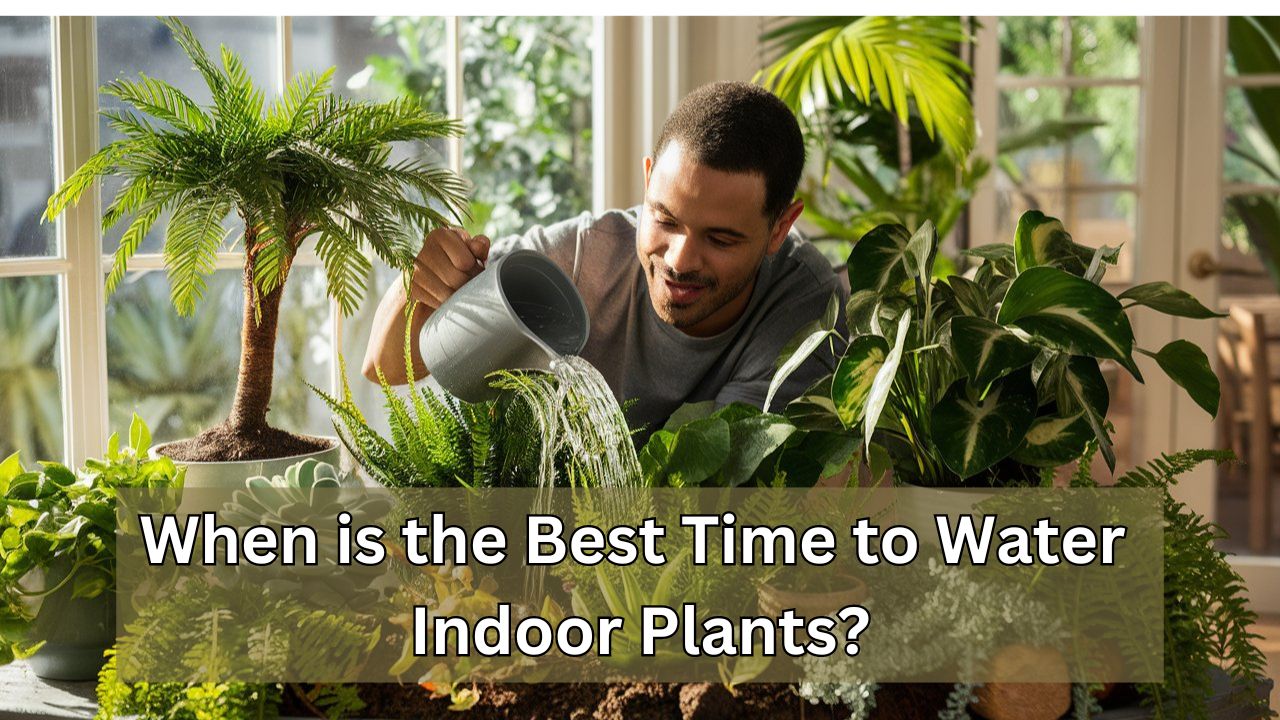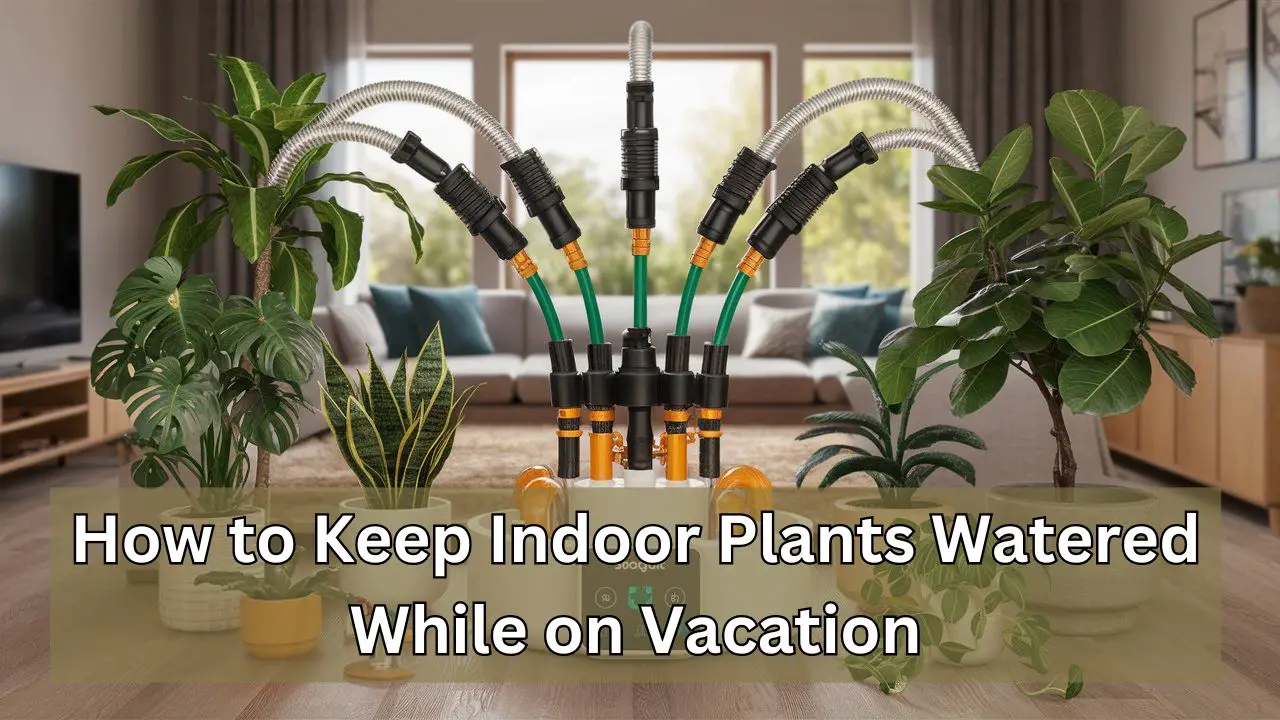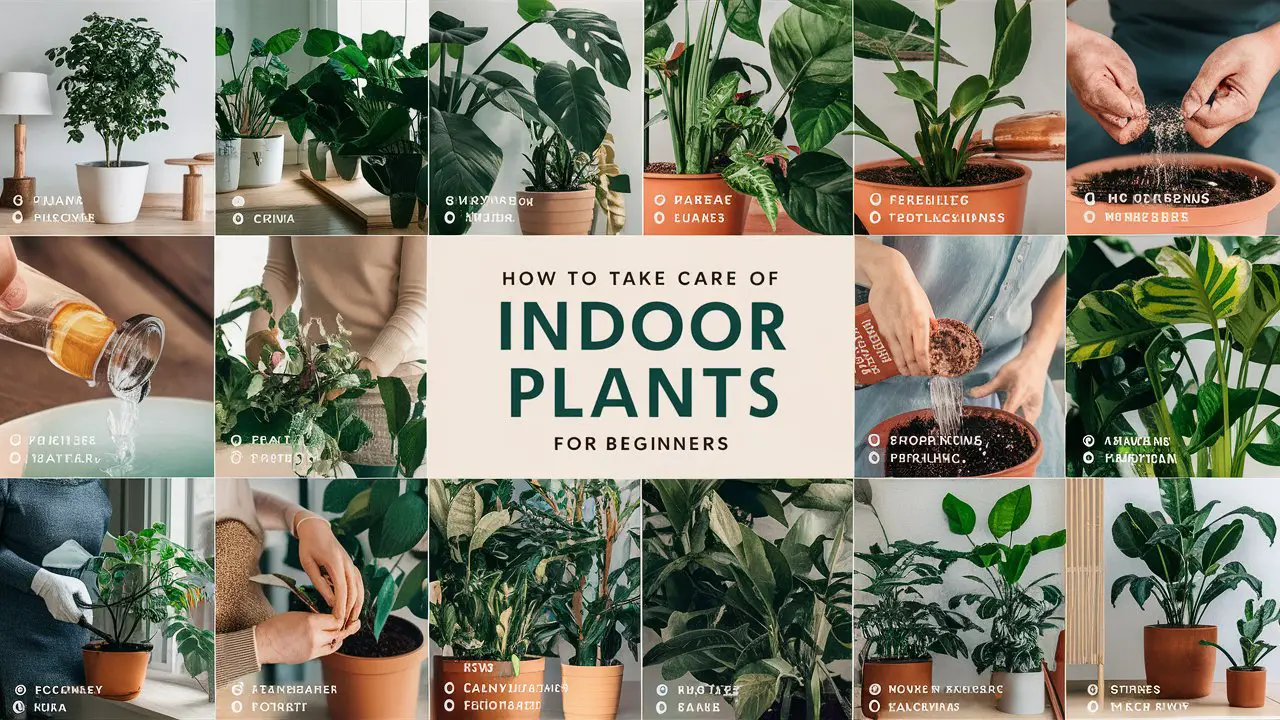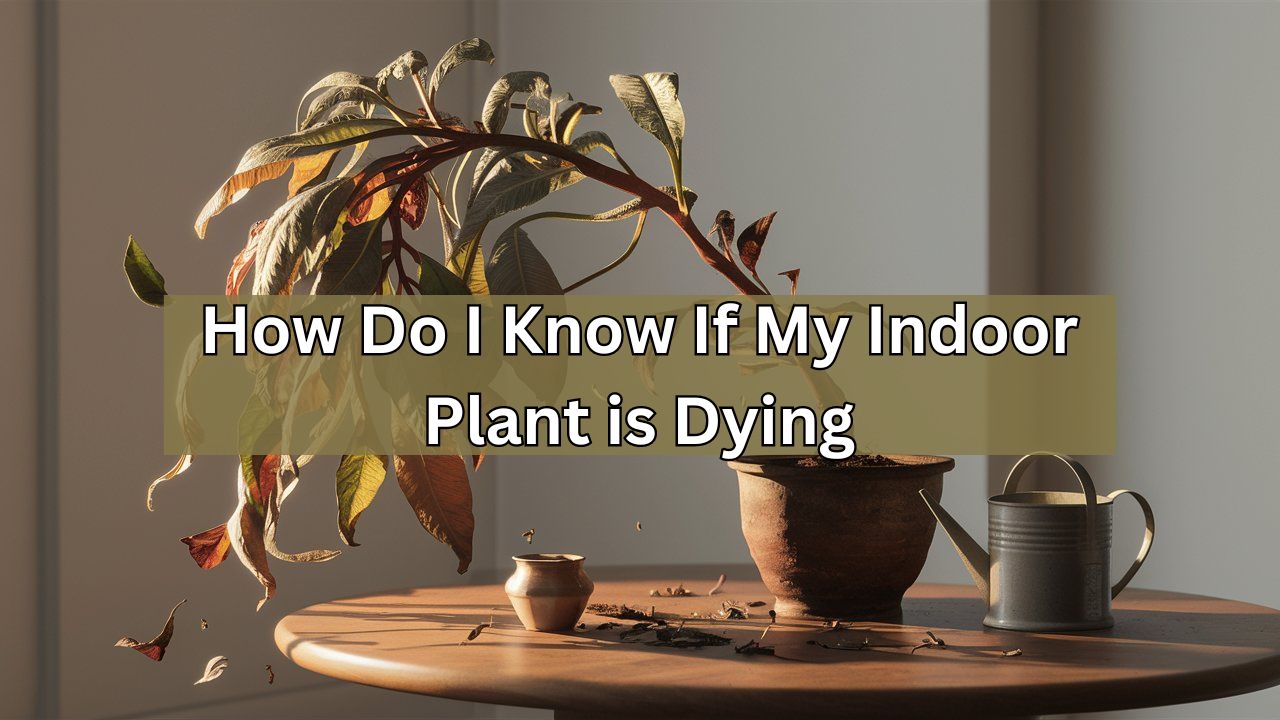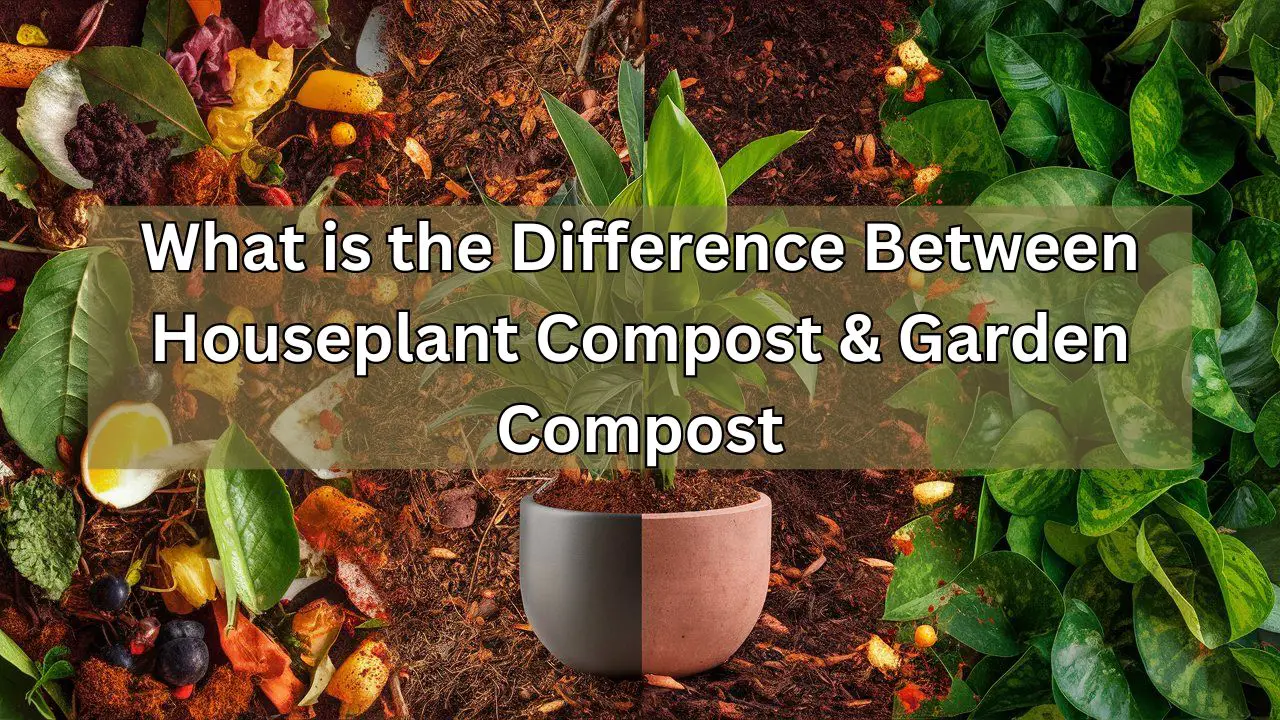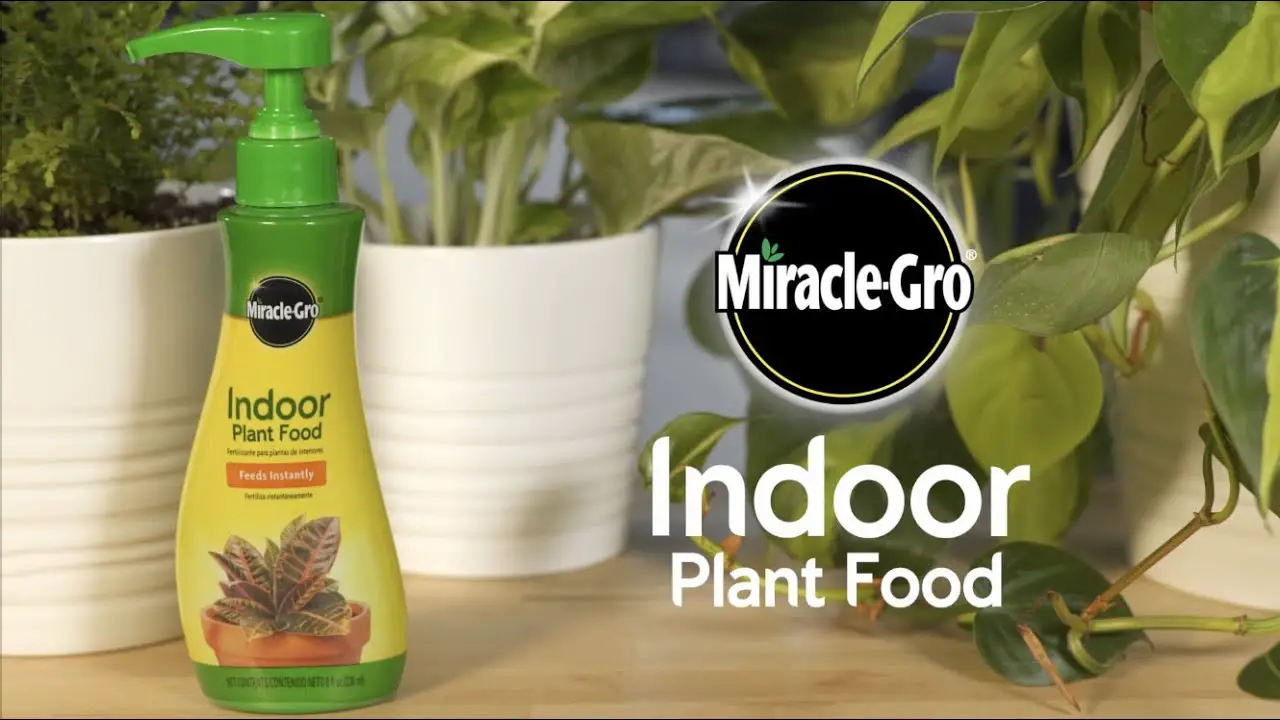Category: Planting
-
When is the Best Time to Water Indoor Plants: Unveil Secrets
The best time to water indoor plants is in the morning. This allows the soil to dry out during the day. Watering indoor plants in the morning helps them absorb moisture before the midday heat. This prevents issues like root rot and fungal growth. Morning watering also ensures that the plants have sufficient moisture to…
Categories: Indoor Plants -
How to Keep Indoor Plants Watered While on Vacation: Easy Tips!
To keep indoor plants watered while on vacation, use self-watering systems or ask a friend for help. Ensure plants receive enough moisture. Going on vacation can be stressful for plant owners. Ensuring your indoor plants stay healthy and hydrated during your absence is crucial. One effective method is using self-watering systems like wicking pots or…
Categories: Indoor Plants -
How to Take Care of Indoor Plants for Beginners: Easy Tips!
Water your indoor plants regularly and ensure they receive adequate light. Avoid overwatering and check for proper drainage. Indoor plants can brighten up any living space, creating a refreshing and vibrant atmosphere. Beginners often find plant care challenging, but with a few simple tips, maintaining healthy indoor plants becomes manageable. Selecting the right plants for…
Categories: Indoor Plants -
What is the Difference Between Houseplant Compost and Garden Compost
Houseplant compost is specially formulated for indoor plants, offering balanced nutrients. Garden compost is more general and suited for outdoor use. Houseplant compost provides a finely-tuned balance of nutrients, moisture retention, and aeration. It’s designed to meet the specific needs of indoor plants, ensuring they thrive in confined spaces. Garden compost, on the other hand,…
Categories: Indoor Plants -
How Often Should You Use Miracle Gro Indoor Plant Food: Optimal Feeding Secrets
Use Miracle Gro Indoor Plant Food every 1-2 weeks. Follow the label instructions for proper dosage and application. Indoor plants need consistent care to thrive. Using Miracle Gro Indoor Plant Food can help your plants get essential nutrients. This plant food is easy to use and designed to promote strong growth. It delivers a balanced…
Categories: Indoor Plants -
What are the Advantages And Disadvantages of Indoor Plants: A Deep Dive
Indoor plants improve air quality and boost mood. They can also attract pests and require regular maintenance. Indoor plants have become increasingly popular for their aesthetic and health benefits. These green companions enhance the visual appeal of any space, making homes and offices feel more inviting. They also purify the air by removing toxins, which…
Categories: Indoor Plants -
How Often to Fertilize Indoor Plants: Winter Wisdom
Fertilize indoor plants once every 6-8 weeks during winter. Reduce frequency as plants grow slower in colder months. Indoor plants enter a period of dormancy during the winter months. They grow slower and require less nutrition. Over-fertilizing can harm them by causing nutrient buildup in the soil. Using a balanced, water-soluble fertilizer at reduced intervals…
Categories: Indoor Plants

